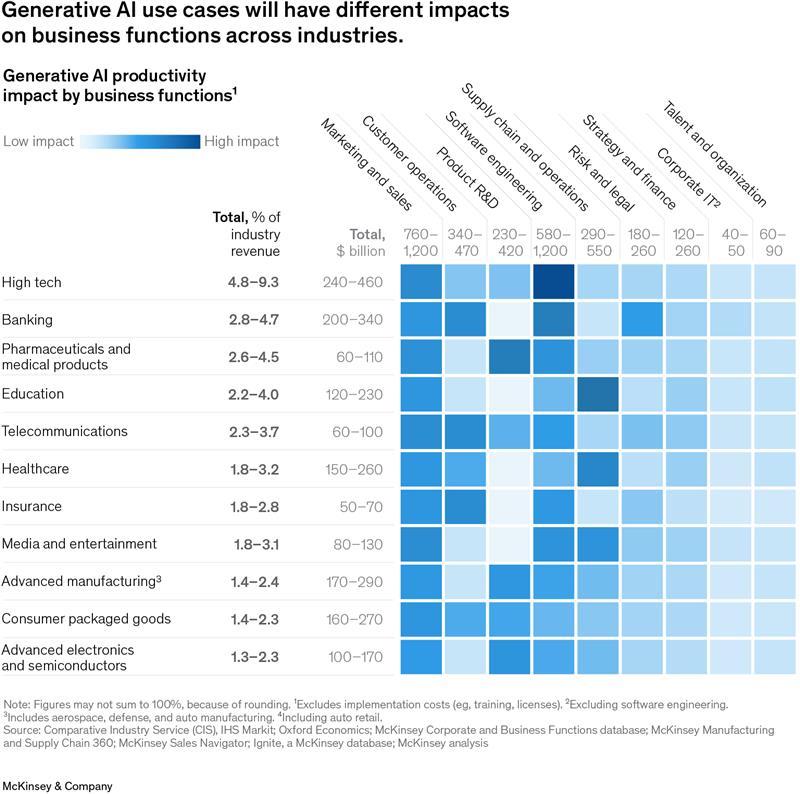The 2025 data privacy landscape is transforming the way mid-size to enterprise businesses use Salesforce Marketing Cloud (SFMC) for AI-driven, personalized marketing. The regulations about data processing, consent management, and cross-border transfers are getting more complex than ever before, thanks to the European Commission’s updates on the GDPR and California’s increased CCPA requirements.
The consequences of non-compliance can be serious. Even one intentional violation of the CCPA can lead to penalties. These can be up to $2663/7988 (inflation-adjusted as of 2024), as stated by the California Attorney General’s Office. Violations of the GDPR can result in fines as high as €20 million or four per cent of global revenue, according to the European Commission. The greater threat? Losing the trust of customers, a resource that promotes brand loyalty and conversions.
This guide explores the Salesforce Marketing Cloud features, the most recent compliance requirements, and actionable best practices that will help your company stay audit-ready while delivering highly customized, legally compliant campaigns.
Why GDPR And CCPA Compliance Matter More Than Ever For Marketing Automation In 2025
As omnichannel marketing automation is developing so rapidly, brands are processing more consumer data from more sources more quickly. Nowadays, adherence to data protection laws is essential to the success of marketing automation.
Important factors that make this mission-critical in 2025:
- Complex Regulatory Environment: GDPR “simplification” proposals in May 2025 may ease SME record-keeping, but cross-border transfers, AI profiling, and data minimization rules remain strict for large-scale marketers.
- AI Governance Standards: Explainable AI and documented opt-out procedures for algorithm-based decision-making are required by GDPR Article 22 and the CCPA’s Automated Decision-Making Technology (ADMT) provisions.
- Global Data Flows Are Being Closely Examined: SFMC users who transfer data internationally are required to keep up-to-date Standard Contractual Clauses (SCCs) and Transfer Impact Assessments (TIAs).
- Conversion-boosting Trust: 71% of consumers are more inclined to give personal information to companies they trust to preserve their privacy, according to Salesforce.
Best Practices For Keeping Salesforce Marketing Cloud GDPR And CCPA Compliant In 2025
Incorporating the 2025 updates into practical best practices guarantees that your team is not only “compliance aware,” but also “compliance operational.”
1. Simplify Records Based on the EU’s GDPR Update in May 2025 (Proposals for easing record-keeping for SMCs)
- Use SFMC Data Designer to organize and categorize client information.
- Automate consent capture and modification audit logs so you can make quick adjustments when record-keeping regulations change.
2. Quarterly Audit of Cross-Border Data Transfers
- To find out where data is stored and moved, use the Contact Builder integration reports from SFMC.
- By the most recent European Data Protection Board guidelines, keep your TIAs up to date and review SCCs with your legal team as best practice.
3. Examine and Record every AI-driven Decision-making Process
- Make sure you can describe the decision-making process if you use Einstein Engagement Scoring or Einstein Recommendations.
- Under GDPR Article 22 and CCPA ADMT regulations (which go into effect on January 1 2027), individuals are required to comprehend and, in certain situations, choose not to participate in significant automated decisions.
4. Implement Data Retention and Minimization Guidelines
- Set up automated data deletion workflows for records that are out-of-date or irrelevant by using Automation Studio.
- Establish retention durations for each type of data and make sure that all SFMC business units follow them.
5. Evaluate the Risks of Processing Highly Sensitive Data
- Profile projects involving biometric identifiers or private, sensitive data.
- Start adjusting cybersecurity policies to comply with the requirements of the next CCPA audits, which are scheduled for 2028-2030.
Using SFMC For Advanced Consent Management And Privacy Preference Tracking
Marketers can maintain compliance without compromising personalization thanks to SFMC’s powerful consent management tools.
Crucial platform capabilities for CCPA and GDPR alignment:
- Custom Subscription Management: Set up the subscription centre to comply with the CCPA’s Do Not Sell My Information rule and GDPR double opt-in.
- Data Extensions with Consent Flags: Monitor specific opt-ins and opt-outs for push notifications, SMS, email, and other channels.
- CloudPages Self-Service Portals: Utilize branded CloudPages to enable customers to manage their privacy preferences in real time.
- API-Driven Consent Syncing: To maintain a consistent compliance posture, use API-Driven Consent Syncing to instantly push preference updates to external data platforms, CRM, and ERP.
Data Tracking, Retention, And Cross-Border Transfer Compliance In SFMC
Businesses can apply data governance controls that handle end-to-end compliance with the help of SFMC.
Best practices for handling data securely and legally:
- Query Studio and Data Views: Use automated SQL queries to find contacts that are going over data retention limits.
- Data Classification Tags: To prevent unwanted access, mark fields according to their level of sensitivity.
- Geolocation Segmentation: To apply the appropriate regulatory framework, separate contact data from the EU and the US.
- Encrypted Data Transfers: Secure API integrations can be achieved through the use of IP allowlists and Marketing Cloud Connect encryption settings.
Real-Time Preference Centres And Unified Customer Views: The Compliance Edge
Salesforce Marketing Cloud ensures a single source of truth in Contact Builder by enabling real-time preference updates that instantly sync across all channels. By honouring changes as soon as they occur, this not only protects GDPR and CCPA compliance but also builds consumer trust.
Why is it important for CX and compliance?
- Immediate Consent Withdrawal Execution: As soon as a customer opts out, the risk of sending a non-compliant message is reduced by SFMC’s ability to initiate an automation that stops any planned or ongoing sends.
- Unified Privacy Profiles in Contact Builder: Contact Builder preserves a single source of truth for each contact’s privacy status by combining information from Email Studio, Mobile Studio, Journey Builder, and external CRMs. This guarantees regulatory alignment across international campaigns and lessens fragmentation.
- Dynamic Journey Personalization with Journey Builder: Your automated journeys use privacy preferences as real-time decision points. For instance, the journey can automatically bypass the SMS step and continue with compliant touchpoints like transactional emails if a contact withdraws their consent to SMS in the middle of the campaign.
- Synchronization Across Channels: SFMC’s preference updates can be instantly sent to ad platforms, loyalty programs, and service desks via API integrations, guaranteeing GDPR and CCPA compliance outside of marketing.
Example: When a fintech company notices an opt-out from email marketing, SFMC automatically takes the contact off of promotions while keeping up with any account alerts that are required due to legitimate interest.
How MetroMax Solutions Future-Proofs Your Salesforce Marketing Cloud Compliance
To deploy SFMC architectures that are ready for compliance, MetroMax Solutions collaborates with multinational companies in the retail, healthcare, fintech, logistics, and tech services sectors.
Among our SFMC compliance offerings are:
- GDPR and CCPA readiness audits matched to your current SFMC configuration.
- Multi-platform CRMs with integrated custom consent management ecosystems.
- Automated processes for deletion and retention that are in line with the 2025–2030 deadlines.
- Frameworks for AI governance that guarantee moral, explicable personalization.
- Mapping cross-border compliance to prepare for international expansion.
To make sure your marketing automation strategy is both compliant and performance-driven, we integrate regulatory intelligence with our technical Salesforce expertise.
Conclusion
GDPR and CCPA compliance in 2025 is a continuous strategic process rather than a one-time endeavour. By partnering with Salesforce Marketing Cloud and MetroMax Solutions, you can protect the reputation of your brand while leveraging privacy compliance as a growth engine.




